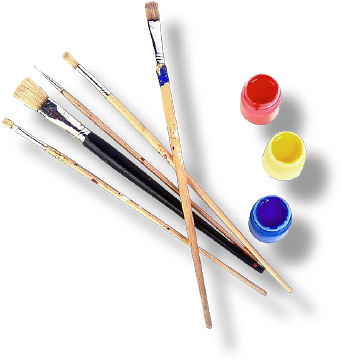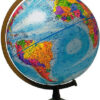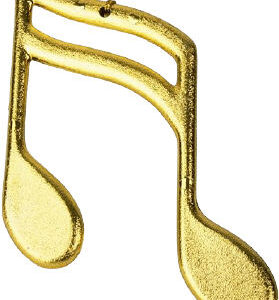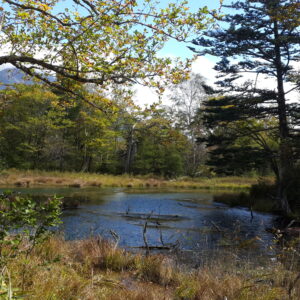法國藝術史導讀3片裝
單片銷售.購買整套另有優惠價
D02-21-027法國藝術史導讀03
英文發音.英文字幕.2017發行.50分鐘
In the final episode, Andrew Graham-Dixon begins with the impressionists. He plunges into one of the most wildly creative periods in the history of art, when France was changing at a rapid pace and angry young artists would reinvent how to paint inding their muses in the bars, brothels, and cabarets of Belle oque Paris and turning the world of art on its head. Monet, Degas, and friends launched a febrile conversation about the role of painting in the modern world that would pave the way for just about every modern art movement of note rom the cubists to the fauves, from the surrealists to the existentialists, and from conceptual artists to the abstract expressionists.
D02-21-028法國藝術史導讀02
英文發音.英文字幕.2017發行.50分鐘
Andrew Graham-Dixon explores how art in France took a dramatic turn following the French Revolution that ushered in a bold new world. From the execution of King Louis XVI and the rise of Napoleon Bonaparte figure who simultaneously repelled and inspired artists of his time hrough to the rise of Romanticism and an art of seduction, sex, and high drama, Andrew explores artists including Jacques-Louis David, whose works appeared on the barricades and in the streets, as well as the work of Delacroix, Ingres, and the tragic but brilliant Theodore Gericault.
D02-21-029法國藝術史導讀01
英文發音.英文字幕.2017發行.50分鐘
Art historian and critic Andrew Graham-Dixon opens this series with the dramatic story of French art, a story of the most powerful kings ever to rule in Europe, with their glittering palaces and astounding art to go in them. He also reveals how art emerged from a struggle between tradition and revolution, between rulers and a people who didn’t always want to be ruled. Starting with the first great revolution in art, the invention of Gothic architecture, he traces its development up until the arrival of Classicism and the Age of Enlightenment and the very eve of the French Revolution. Along the way, some of the greatest art the world has ever seen was born, including the paintings of Poussin, Watteau, and Chardin; the decadent Rococo delights of Boucher; and the great history paintings of Charles le Brun.




